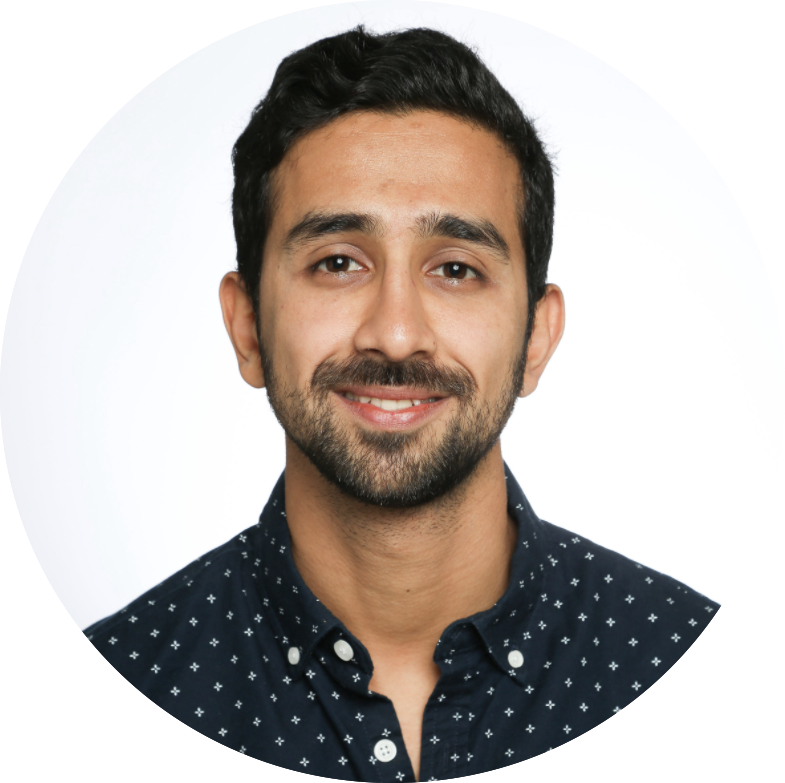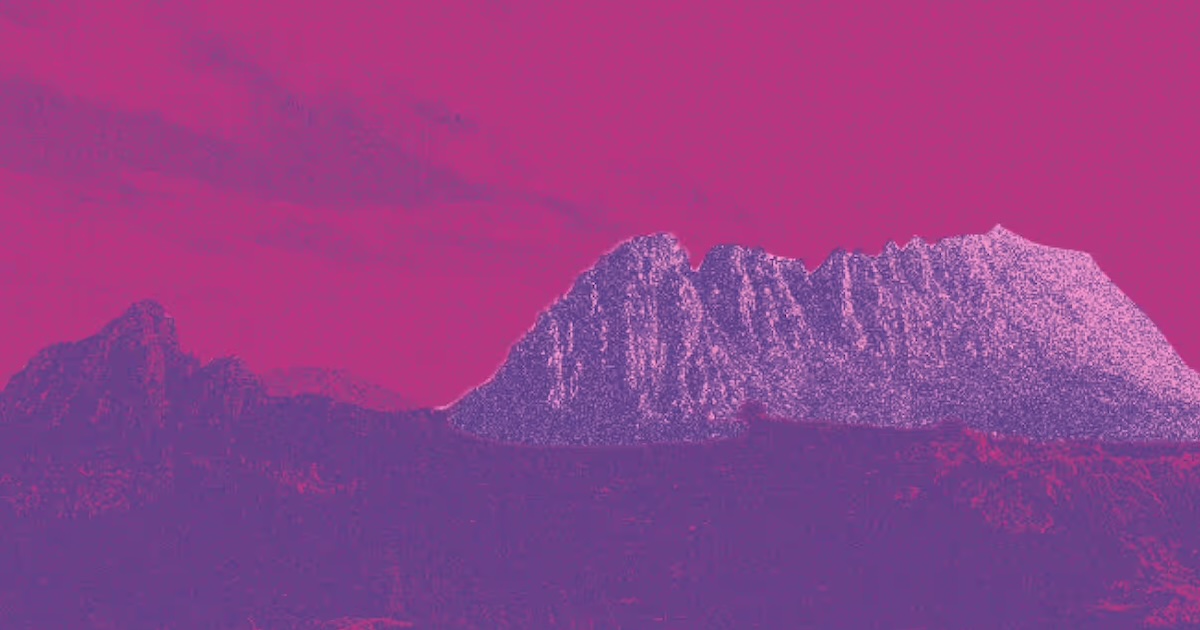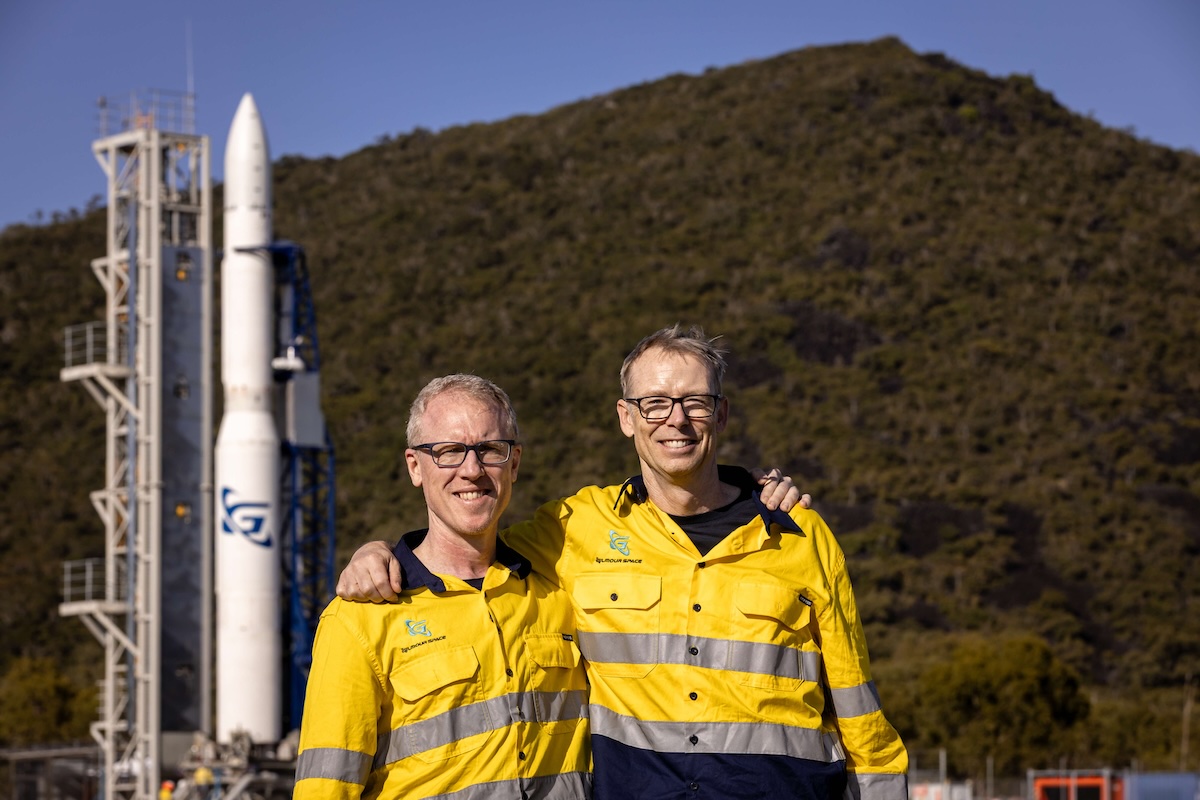
Spotlight On: Soroush Pour
Blackbird’s monthly chat with talented leaders and rising stars in our community, this month with Soroush Pour of Vow.
In 2017, Soroush Pour was living in San Francisco, working for a leading fintech startup, Plaid, and by all accounts doing well for himself. But something was missing. Soroush felt like he had more to give and had big, unfulfilled ambitions to help solve some of the big questions being asked of humanity today. So he left Plaid, and went on a journey of self-discovery, spending 18 months travelling and learning about food sustainability. (Soroush wrote an excellent blog post on his journey from San Francisco to Sydney. Read it here.) He landed at Vow. In his time at Vow, Soroush has played a key role in 80x the efficiency of major processes using custom software and robotic process automation. We caught up with Soroush on this work and how you can follow his path to unlock a meaningful career of your own.
B: What were your thoughts on the Australian ecosystem before you came back, did it change when you arrived back home?
S: I'll be a hundred percent honest. I could see that things were happening here and I read the StartupAUS reports most years and I could see Sydney was starting to become a hub. Still, I had been to enough other non-Bay Area ecosystems, including Sydney, to recognise that there was a big gap between them and the Bay. When I came back, I was pleasantly surprised by the number of high-quality companies here for a small ecosystem. A very concrete example is Vow and Tim and George. They have never worked outside the Sydney startup ecosystem, but their understanding of many of the key dimensions it takes to build a great organisation, a great team, a great culture was very sophisticated. I was impressed by that. I've been positively surprised by the ecosystem here.
B: Why is cellular agriculture the answer to the world’s food sustainability issues?
S: Three months after I left Plaid, while I was exploring areas I was curious about, I talked to a good friend of mine who worked at the Good Food Institute, which is an organisation that does advocacy on finding replacements to animal agriculture. He opened my eyes. From there, I went and looked at the food system from top to bottom. I didn't feel like the challenges in the system were being adequately or fully addressed.
Anybody who promises one solution to all of our food system problems is absolutely kidding themselves. If we want to wake up 50 years from now with a better food system than we started, then we're going to have to pursue a lot of different solutions.
With Vow in cellular agriculture, I found an incredible team with an incredibly powerful and exciting vision and a way to get there and a vision for transforming our food system.
B: If you were at a dinner party, how would you explain Vow's mission?
S: The simplest line is, we're trying to create meat without having to raise and kill the animal, and we're doing that by growing cells. What makes us unique compared to other companies who are tackling the same problem is that they are attempting to cultivate standard-commodity meats like beef and pork and chicken. But there are literally hundreds of thousands of animals, even vertebrate animals, that exist on the planet. From a culinary perspective and a nutritional perspective, there's a whole world out there waiting to be discovered. If we can unlock that diversity in nature, we would be inventing new food. It's an incredible promise for sustainability and in bringing positive dimensions to people's dinner tables. Our goal is to build up a cell library of all of these different species, grow them up into delicious meat and get them in the hands of chefs, restaurants and home dinners around the world.
If all you're doing is trying to replicate something that's already in-market (like chicken or beef), and you're optimising your entire process around that one thing, you may find yourself in a commodity market facing super-low prices and not shifting the conversation.

B: Vow made early investment in custom software and automation. This has resulted in huge efficiency gains, including increasing scientist throughput by 80x. How does the team maximise the crossover between engineering and biology to get this result?
S: If you think about cultivated meat, and the state that it's at, we're still figuring out some of the science that will make it delicious, safe and nutritious at scale. Science is an essential piece of that, and from scientific terms, there are two ways to make things work. You can come up with better hypotheses about the world and then test that, or test hypotheses more quickly. At Vow, we're using technology to do both of those things by leveraging key pieces of automation. Every time we run an experiment, we do so with a whole host of data points. The better we can record and break that down, the better our questions are around the outcomes, like which types of protein gave the best results.
And then on the speeding up experiments side, the reality is that there's a lot of manual, individual work in science still, even in modern biotech labs, that doesn't have to be there. We work more collaboratively by incorporating communications tools and robotics. A concrete example of what that looks like is something like using a liquid handling robot over doing the same task manually. This has resulted in reducing experiment time, so one scientist is performing the work of 80. It means our $/L media cost goes from $580 to $56. Making these processes simple, visual, accessible, is what I get to work on every day.
B: How can someone take a similar soul-searching leap into a new field?
S: Most people believe that the world is a certain way and that there are these paths that you must follow. We kind of fall into them. My understanding of the world is if you can find some problems, some value that you can create, and convince others that it's valuable, then you can just go solve those problems, that’s a job.
I think another thing is just having a bias towards action. So many people have great ideas throughout the day, but they wither on the vine. Just try them out, see if they succeed, see if they produce something interesting to you, teach you something. People who end up changing the world have that bias for action.
This interview is an excerpt from our Blackbird Monthly newsletter. Want this update delivered to your inbox? Subscribe here.


.jpg)





.avif)
.avif)
